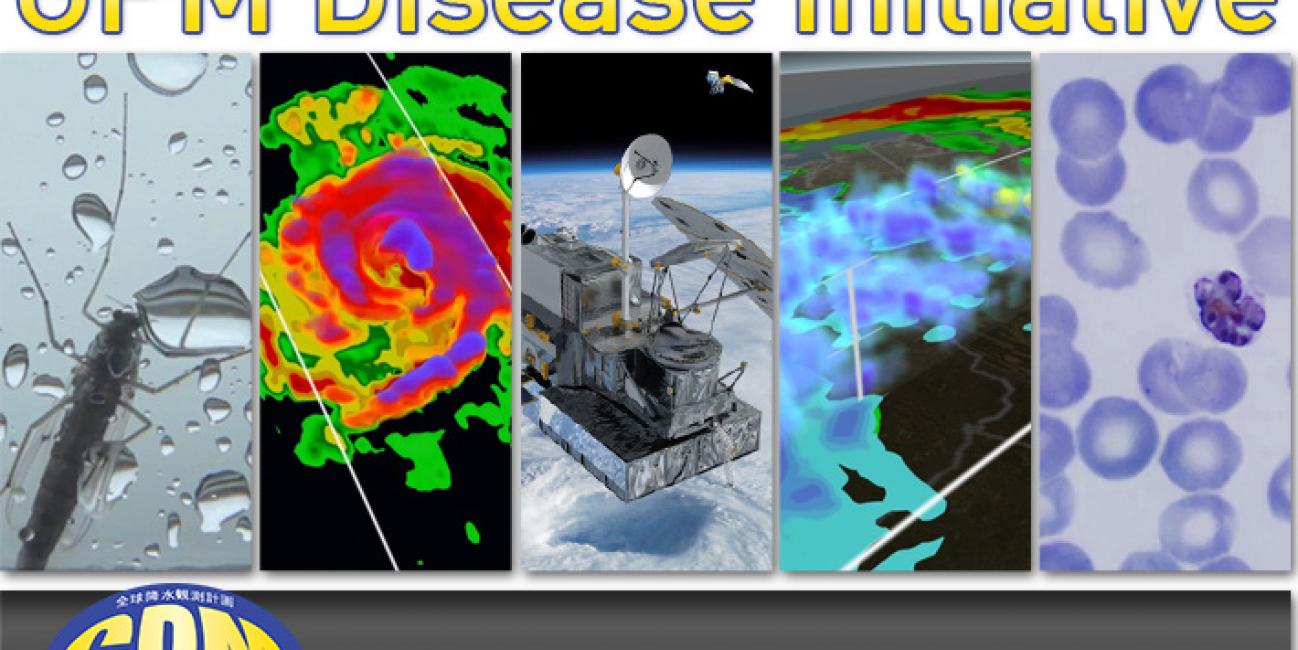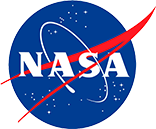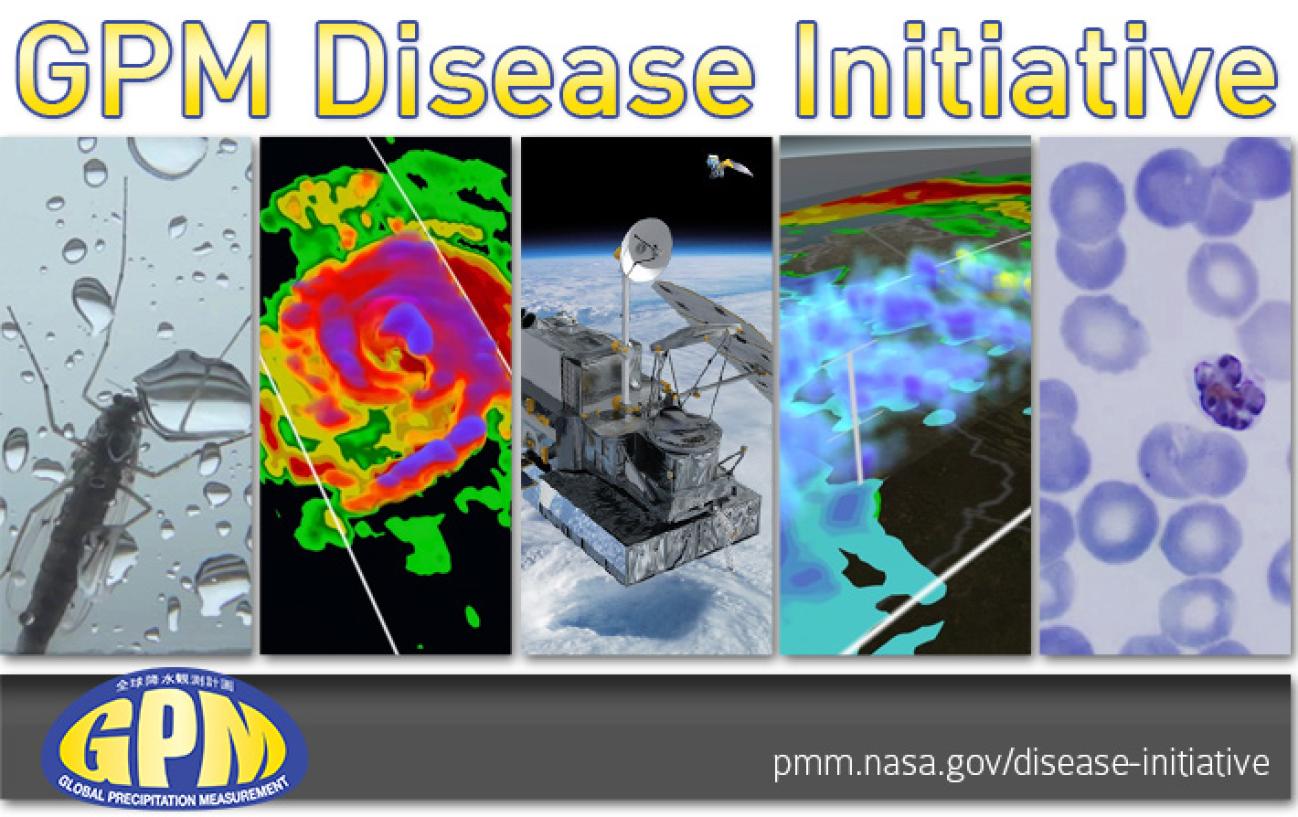
GPM Disease Initiative
Vector-Borne and Water-related Disease Applications Campaign
To join our mailing list and receive a quarterly newsletter, click here.
To join our collaborative “BaseCamp”, click here.
- View a recording of the 2018 Vector-borne and Water Based Diseases Workshop
- View the Agenda
- View a Recording of the May 8th Training Webinar "Using NASA Earth Observing Data for Monitoring and Response to Vector-borne and Water-borne Diseases" (right-click -> "Save As" to download)
- View a Recording of the June 28th Training Webinar "Using NASA Earth Observation Satellite Data to Predict, Monitor and Respond to Vector-borne and Water-related Disease ADVANCED LEVEL" (right-click -> "Save As" to download)
Vector-borne diseases are responsible for over 17% of all the infectious diseases globally. Many of these diseases are preventable through protective measures, provided local authorities are aware of the potential outbreaks of the responsible vectors. Vectors are living organisms that are able to transmit diseases between humans or from animals to humans. These diseases include but are not limited to cholera, malaria, dengue fever, Zika, schistosomiasis, and West Nile fever.
The vectors include mosquitoes, ticks, sandflies, fleas, and other insects. NASA data sets can be used to identify environmental conditions that may result in the onset of vector-borne diseases. These environmental conditions include surface temperature, air temperature, precipitation, soil moisture, vegetation, and evapotranspiration. At the present time, many researchers are using these data sets but most operational users have not begun to take advantage of the availability of these data sets.
Other water related diseases including cholera can have widespread impacts on populations and are directly related to water presence, sanitation, and quality, environmental variables often disrupted during extreme events and natural disasters.
In an effort to further explore the linkages and research/operational applications of NASA water resource data and disease; GPM is launching an applications campaign. Some of the deliverables from this campaign will include:
- A workshop in the spring of 2018
- End-user stories and interviews documented through several channels to support case studies
- New visualization(s) and NASA stories to describe these linkages
- Activities to engage the general public in understanding how NASA data sets can be used to inform the prediction of the onset of Zika, West Nile virus, cholera, and other diseases (e.g. Museum Alliance webinars)
- An online resource page which includes a continuum of resources which would be useful for general audiences in a variety of settings
For more information please join our Basecamp page.
The 2018 Vector-borne and Water Based Diseases Workshop has come to a close. Please check back here for information about future activities with the GPM Disease Initiative and GPM Applications.
Recordings of the 2018 Vector-borne and Water Based Diseases Workshop
View Agenda
Overall Vision
The purpose of this workshop is to share some success stories to showcase how NASA data are being used to inform, predict, and better understand water-related and vector-borne disease. We hope to include researchers, government agencies, NGOs, educators, and a wide cross-section that includes potential end users to assist us in improving the applicability for these data.
Anticipated Outcomes
- Participants will get a broader understanding about the availability and accessibility of NASA EOS data to enhance the prediction and response to vector-borne and water-related disease
- Participants will get a broader perspective on the needs of operational end-users, such as public health officials, government and NGO’s who work to reduce the onset and/or respond to outbreaks of these diseases
- Participants will gain an understanding of the research efforts of NASA EOS and PMM data “Early Adopters” who will share the results of their research and/or operational response activities
- Participants will be aware of a wide range of resources they can use to conduct outreach activities to make the general public aware of the possibilities of using NASA EOS and PMM data to predict and respond to vector-borne and water-related diseases.
We would love to showcase your research on vector-borne diseases! Please visit our Basecamp page or contact us to submit you work.
-
NASA's Remotely Sensed Precipitation: A Reservoir for Applications Users - Dalia B. Kirschbaum, George J. Huffman, Robert f. Adler, Scott Braun, Kevin Garrett, Erin Jones, Amy Mcnally, Gail Skofronick-Jackson, Erich Stocker, Huan Wu, and Benjamin f. Zaitchik
-
NASA's Public Health Program: How We Can Use NASA Satellite Data to Study Global Public Health Issues - Jeffrey C. Luvall, NASA Marshall Flight Center
-
Estimating the Risk of Vector-borne Infectious Disease and Acute Respiratory Infections Using Satellite Data - Radina P. Soebiyanto & Richard Kiang, NASA Goddard Space Flight Center & Goddard Earth Science Technology Research (GESTAR)
-
Recent Weather Extremes and Impacts on Agricultural Production and Vector-Borne Disease Outbreak Patterns - Assaf Anyamba1, Jennifer L. Small, Seth C. Britch, Compton J. Tucker, Edwin W. Pak, Curt A. Reynolds, James Crutchfield, Kenneth J. Linthicum
-
El Niño and the shifting geography of cholera in Africa - Sean M. Moore, Andrew S. Azman, Benjamin F. Zaitchik, Eric D. Mintz, Joan Brunkard, Dominique Legros, Alexandra Hill, Heather McKay, Francisco J. Luquero, David Olson, and Justin Lessler
Join our Basecamp Page
Articles
- Using Satellites to Predict Malaria Outbreaks
- Using Precipitation Data to Map Cholera Risk
- Who's Using GPM Data?
Case Studies
- Disease Initiative Case Studies (.pptx)
- Disease Initiative Case Studies (.pdf)
ARSET Training
-
Fundamentals of Satellite Remote Sensing for Health Monitoring
-
Advanced Webinar: Methods in Using NASA Remote Sensing for Health Applications
-
Using NASA Earth Observing Data for Monitoring and Response to Vector-borne and Water-borne Diseases (webinar recording, right-click -> "Save As" to download)
Outreach Activities
- Mosquito-Prevention and Control (.pdf)
- Mosquito-borne Diseases (.pdf)
- Vector Borne Diseases Webquest (.docx)
- Mosquitoes as Vectors of Human Disease: Aedes, Anopheles and Culex (.pdf)
-
This presentation can be used to share the potential diseases which are transmitted by mosquitoes globally. It also introduces the "GLOBE Observer Mosquito Habitat Mapper" app which is a citizen science tool for helping to identify and eliminate mosquito breeding habitats. It is appropriate for general audiences who do not have a background in epidemiology.
-
- Using GPM and Other NASA EOS Data to Understand Vector-borne Disease (webquest)


